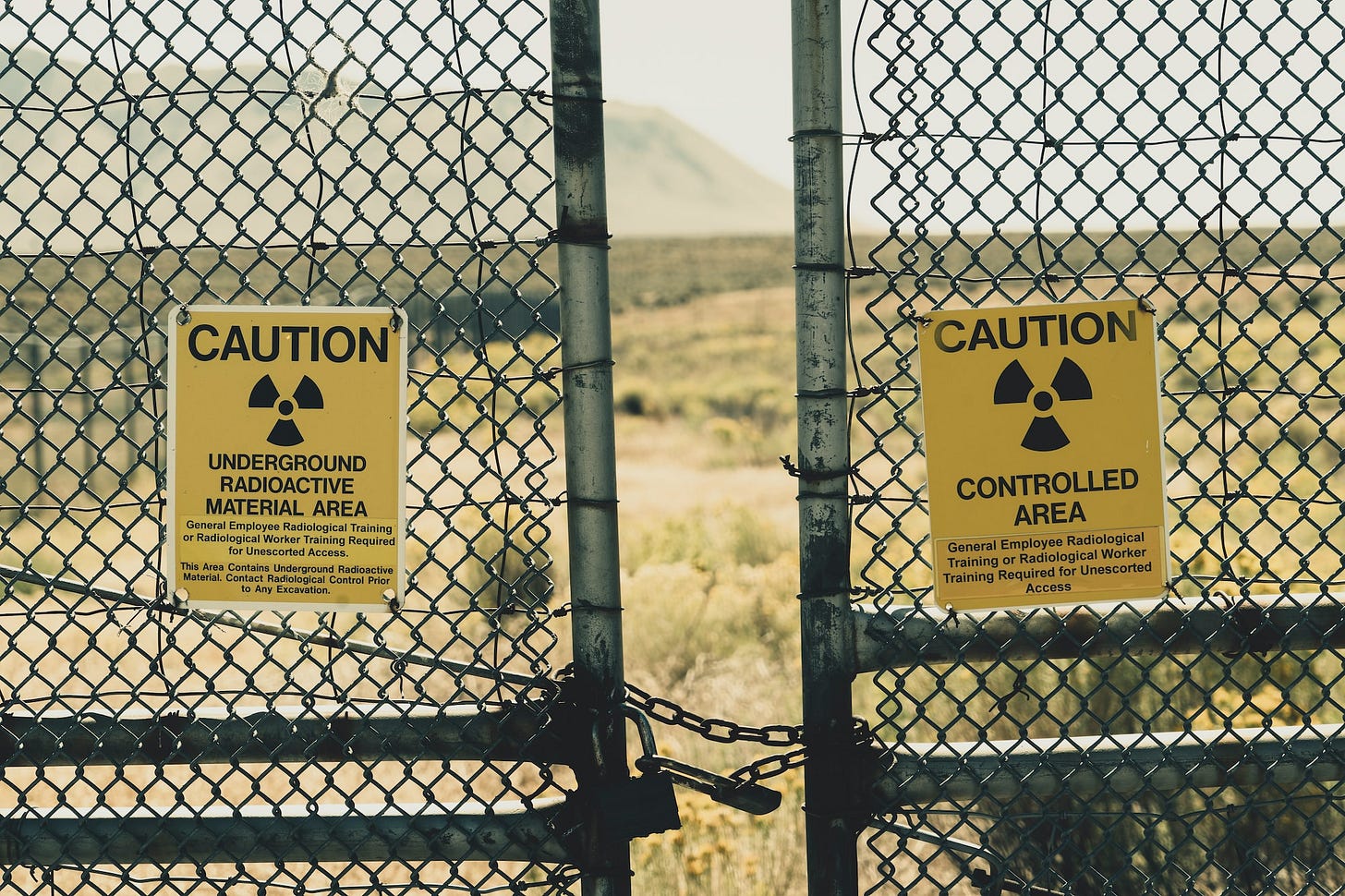Elon Musk's Twitter Tenure: A Manifestation of Toxic Masculinity
Elon Musk, one of the most high-profile tech figures globally, has come under scrutiny for his handling of Twitter after acquiring the social media platform.
His leadership style, characterized by drastic changes, public controversies, and disregard for basic social norms, has sparked a widespread debate on how his behavior aligns with "toxic masculinity".
Toxic masculinity refers to a cultural concept of manliness that glorifies dominance, devalues emotional expressiveness, and promotes aggression.
It's not about being male, but rather about the harmful behaviors and attitudes that some men adopt because of societal expectations.
💡 Critics argue that Musk's approach at Twitter exhibits characteristics of toxic masculinity.
Musk's decision to fire nearly 90% of Twitter's workforce, reportedly targeting those he labeled "activists," is arguably indicative of a need for control and dominance, a trait commonly associated with toxic masculinity. Such unilateral and aggressive actions reflect an inability to value diverse perspectives or engage in collaborative decision-making. This has not only disrupted the company's functioning but also disproportionately affected minority groups, thereby reinforcing patterns of marginalization and power imbalance.
Musk's personal attack on Yoel Roth, Twitter’s former head of trust and safety, embodies the aggressive behavior often linked with toxic masculinity. By using his platform to intimidate and endanger Roth, Musk displayed a readiness to resort to bullying and fear tactics to maintain control–and this is only one of many such examples of his engagement in such behavior. His actions recall a troubling societal expectation that men must resort to aggression and intimidation to assert authority. Musk also demonstrated a clear double standard in applying Twitter's "free speech" policies. He used his position to protect himself while compromising the privacy and safety of others, including former employees. This manipulation of rules for personal advantage further reflects a sense of entitlement and disregard for ethical boundaries, traits often associated with toxic masculinity.
Simultaneously, Musk's disregard for the company's financial obligations, including unpaid bills and threatened eviction, suggests a sense of invincibility and lack of accountability. This behavior reinforces the toxic masculinity narrative where men are encouraged to avoid responsibility for their actions and believe they can operate outside conventional rules. The impact of these actions is far-reaching. Twitter's financial health, platform stability, and company culture have all suffered, highlighting the tangible harm that can result from toxic masculinity in leadership roles. The mass layoffs and reduced severance packages also demonstrate a lack of empathy and consideration for employees, characteristics that toxic masculinity often suppresses in favor of stoicism and emotional detachment.
In the tech world, Elon Musk's dismantling of Twitter's Trust & Safety team has been nothing short of controversial. The team, once a robust and dedicated group, had been at the forefront of Twitter's fight against online abuse, misinformation, and other malicious activities that threatened user safety. However, under Musk's leadership, this vital group was significantly downgraded, leading to a surge of unchecked content on the platform.
Musk's decision seems rooted in a broader ideology that equates moderation with censorship, a perspective that aligns with toxic masculinity narratives. This approach characterizes any attempt to enforce rules or standards as an infringement on freedom, even when those standards are designed to protect the vulnerable. It's a mindset that finds a comfortable home in many toxic male-dominated online spaces, where harassment, bigotry, and aggressive behavior are often seen as expressions of free speech rather than as harmful actions that warrant consequences. The lack of moderation has expanded Twitter's role as an interaction and gathering hub for overflow from other, niche toxic male online spaces. Simultaneously, these spaces, freed from the constraints of oversight, are now flourishing, spreading harmful rhetoric and behaviors that further marginalize and silence the vulnerable.
Such an approach betrays an alarming disregard for the potential harm that can be caused by unmoderated content. In the wake of the Trust & Safety team's dismantling, Twitter users are widely noting the visible rise in hate speech, harassment, doxing, and the dissemination of fake news. This has put many people, particularly those from marginalized communities, at increased risk of harm from unmitigated (and often violent) harassment and abuse.
💡 In this wider context, Musk's management of Twitter can be seen as an embodiment of toxic masculinity.
Musk's prioritization of an unregulated platform over user safety exhibits a machismo bravado that values forcefulness and dominance over empathy and protection. This style of leadership also sends a message that those who require protection or support are less valued, perpetuating the narrative that power and strength–often associated with male stereotypes–are the ultimate goals.
In the end, Musk's reign over Twitter has not only put users at risk but also entrenched the platform in the harmful dynamics of toxic masculinity. It's a stark reminder that unchecked power, combined with a disregard for safety, can lead to a toxic environment that is harmful for all. This narrative resonates far beyond the digital sphere and serves as a reflection of larger societal issues around power, privilege, and the perpetuation of harmful masculine norms.
💡 As society continues to grapple with the implications of toxic masculinity, the conversation surrounding Musk's tenure at Twitter serves as a critical case study of its real-world impacts.
Thank you for reading!

